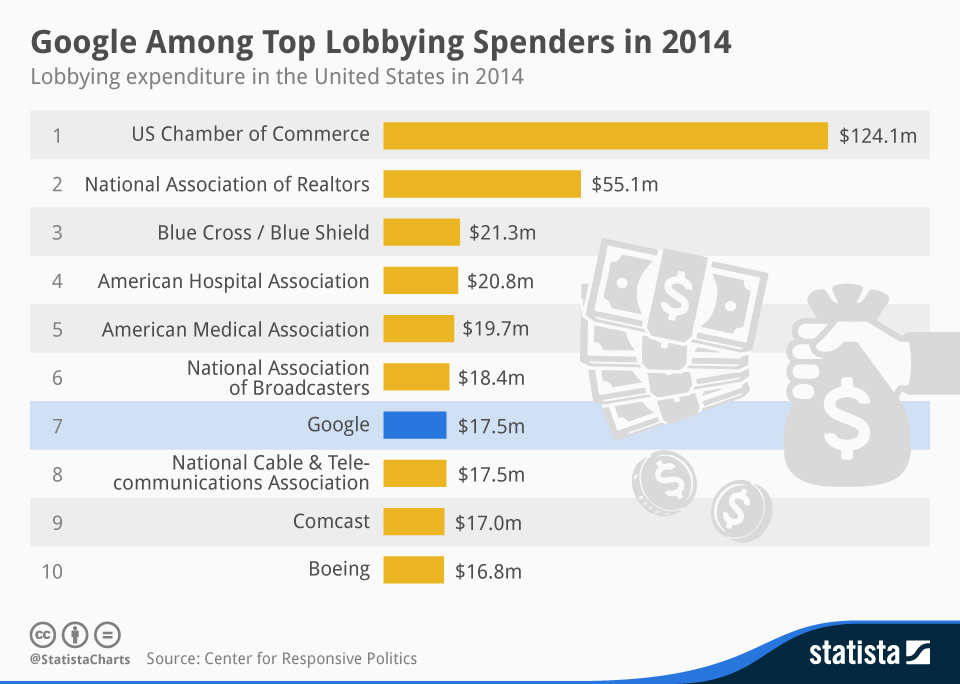Surveillance
Google’s Fall from Grace
This post is also available in: German
Google has handed over jounalists’ personal e-mails, IP addresses and contact data to US authorities. They did that clandestinely, and without any noticable resistance. Throughout the Western world we are seeing an onimous alliance taking shape between private data grabbers and secret services organziations doging the radar of public control. If we don’t do anything about this, it could soon be too late.

Another case of data snitching was brought into the open recently, and this one is by no means trivial. One day before Christmas Eve WikiLeaks was informed by Google that in 2012 the internet giant had handed over thousands of e-mails and call data to the FBI, allegedly including 43,000 mails coming from the Icelandic investigative journalist and WikiLeaks speaker Kristinn Hrafnsson and his contacts. Also handed over were metadata, contact addresses, mail drafts and login IP addresses in volumes as yet unknown (updated background).
The problem behind these orders is that they are issued by a court convened in secrecy. The concerned parties do not even learn about it and so cannot take any action against it. The legal justification for these constitutional rights violations is the US Espionage Act of 1917. Under no administration in the history of the United States since then was this act invoked more often than by the Obama administration.
And now it is Google of all organizations that is complying with this court order, thereby betraying an institution whose only crime has been collecting information and making it available to the public. Google of all organizations, Google who has penetrated our brains like no other organization, reading out our interests and preferences, mapping out our motion patterns. Soon that will include how we putter around in our own homes, so that they can literally predict our every move. Google is incriminating journalists without any recognizable resistance, because – oh how ironic – they are supposed to be spies?
The German speaker for Google, Kay Overbeck, just replied to my query about this case:
”As a rule we do inform our users if any state authorities request their data from us. There are exceptions, however, when there is a court order preventing us from doing so. We regret that this is quite often the case. We have in fact contested quite a few queries about WikiLeaks. In these cases the people concerned were informed about the queries. In this particular case we are pushing for full disclosure of the investigation.”
Google as a victim of force majeure? Of course they aren’t quite as helpless as Kay Overbeck would make us believe. Google has a market capitalization of US$ 400 bil, and so is one of the largest and most influential corporations of the world. They are spending more money on lobbying in Washington than Apple, Facebook and Microsoft put together.
Resistance is Possible
With all that market power, lawyer power and lobbying power, of course Google could exert pressure on congresspeople and senators to call a halt to the data-grabbing of the secret services. According to Kay Overbeck, they are pushing for a surveillance reform. It’s difficult to say whether they are serious about it or if it’s just a PR gimmick.
To be fair Google has in the past challenged National Security Letters and other attempts to put muzzles on people; but other – much smaller companies had done that before. Twitter for one continues to strongly resist secret data requests to this day. Other IT vendors have fought lawsuits in order to protect their customers’ data; some even went bankrupt over it. The most spectacular cases were Lavabit and Calyx Web Services. Last year I commented on both of them in this blog.
Nicolas Merrill fought for his users way before Google
The Role of the Media
So while Google is passing the buck to the government, journalists are debating the question whether the WikiLeaks people are “real” journalists. Now who decides who is a journalist anyway? Wasn’t that one of the most important lessons learned from the Nazi era – to define journalist as broadly as possible in order to keep them out of the government’s reach? And didn’t the press of the world eagerly work with WikiLeaks, as long as they delivered bombshell headlines?

Courage and Perseverance
You don’t have to like Julian Assange, just as you don’t have to find it funny when the Pope or when Islam gets lampooned. This is about press freedom and journalistic integrity. The Commentariat has taken to look the other way when it comes to WikiLeaks, and that’s called hypocrisy. It’s easy to stand up and wave the flag of press freedom against spectacular murders. But to oppose the invisible forces of one’s own government, to keep at it, and not to go back to business as usual (Ebola! Pegida! Europe!) – that requires the right attitude, courage, and above all, perseverance.
The Editor of the New York Times has admitted in the meantime that the paper failed in its reporting after the 9/11 attacks. They allowed the government to intimidate them too often. So that’s a start. But when will we hear the German Association of News Publishers speak up against indiscriminate data hoarding and against the continuous undermining of source confidentiality? We have yet to see a big-time campaign like the one they did to prevent Google News from displaying more than tiny snippets; and which led to a new copyright law from the Bundestag. It seems they define their values in monetary terms only.
It’s not Islamists, nor the Pegida crackpots that are the problem. The biggest threat to democracy and press freedom is not armed with Kalashnikovs or with silly signs. That threat is a hidden one. There is a clandestine public-private partnership taking shape between the IT industry and a secret services machinery that keeps dodging under the radar of parliamentary control. If we don’t stop that unholy alliance now, who will do that tomorrow?
